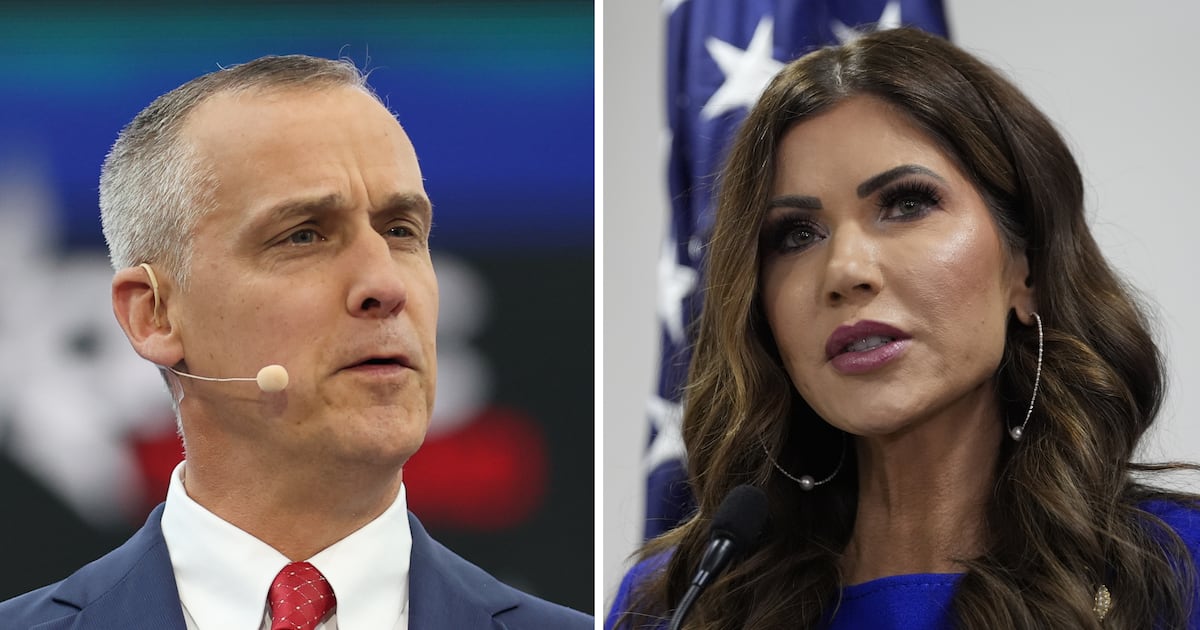Fantastic Four may be shaping up to be one of the biggest critical and commercial failures of the year, but it’s a bit of an anomaly.
Fact is, if you’re a sci fi film and you're a super hero movie, well-known franchise, or based on a YA novel, you’re probably going to be a commercial success.
But if you’re not, you could be in trouble. Which is why all the serious sci fi, particularly literary adaptations, seems to be gravitating towards broadcast TV, cable and streaming services.
“You have remakes, sequels, recycled TV shows, comic books, YA novels that are bestsellers. This is where the action is” theatrically, says Steven Gaydos, executive editor of Variety, the entertainment industry trade publication.
He’s referring to the fact that In recent years, a number of high profile futuristic movies have under-performed at the multiplex, and it doesn’t seem to matter if they were well reviewed (Edge of Tomorrow, Prometheus, Elysium), or not (Oblivion).
This year alone, Ex Machina, Chappie and Self/Less have barely dented the box office. Jupiter Ascending grossed only a quarter of its production cost, and Tomorrowland, also drowned in red ink. Even Mad Max: Fury Road, one of the best reviewed films of the year, which managed to earn a respectable $150 million domestically, still grossed nearly $60 million less than Jurassic World took in on its opening weekend.
“Anytime there is a new movie out, particularly in science fiction and fantasy, you’re investing a truckload of money in it, and you have to become invested in the characters and the situation,” says bestselling sci fi author John Scalzi (Old Man’s War). “Do audiences today want to invest themselves? Or are they more content with another Spiderman movie?”
That’s a no-brainer. The global market, which now represents about 70% of all box office gross, wants the tried and true. Which is why so much hard sci fi is now the province of non-theatrical venues. Current series such as Extant (CBS), Falling Skies (TNT), The 100 (The CW), Orphan Black (BBC America), Humans (AMC) and Sense8 (Netflix) deal with subject matter ranging from cloning and alien invasion to artificial intelligence and psychic powers.
Upcoming are a new HBO series based on the 1973 sci fi film Westworld, about a theme park staffed with androids, and next month Fox will debut Minority Report, based on the 2002 Steven Spielberg film about ‘pre-cogs’ who can sense murders before they happen. And Amazon Prime will be streaming The Man In the High Castle, based on the Philip K. Dick classic.

But wait. There’s more. The Syfy Channel, which has been looking for a signature show ever since the critically-acclaimed and award-winning Battlestar Galactica went off the air in 2009, will be dipping deep into the literary pool with series based on Arthur C. Clarke’s Childhood’s End, Aldous Huxley’s Brave New World, Dan Simmons’ Hyperion, Hunters, from a Whitley Strieber novel, produced by Gale Ann Hurd (Aliens, The Walking Dead, etc.), Frederik Pohl’s Gateway books, and The Expanse, another show based on a series of novels, whose pilot was written by Oscar-nominated screenwriters Mark Fergus and Hawk Ostby (Children of Men).
“TV in general allows for much more challenging material than it ever has before,” says Bill McGoldrick, Syfy’s head of original programming. “The proliferation of serialized TV, that doesn’t play by the rules it used to; all the old rules got blown out of the water. Battlestar Galactica became an example of that. Or it’s the Breaking Bads, the Mad Mens, The Sopranos.”
“TV is becoming more literary with long, discursive stories with multiple point of view,” adds Patrick Nielsen Hayden, a senior editor at science fiction publisher Tor Books. “There was a period when feature films seemed to be more accommodating to stories of literary ambition, because the range of what broadcast could do was limited. Now cable is established where you can make challenging storylines, and fantasy and science fiction is like that.”
Variety’s Gaydos believes a major contributing factor in the popularity of small screen sci fi has to do with CGI filmmaking, which, he says, means “TV has access to the kinds of images and effects that are no longer just the domain of movies. You can do things on a TV budget you couldn’t do before.” And, he adds, because “the international market demands we move away from literary roots, anything dependent on verbal wit or subtlety, [this means] classic science fiction, dystopian science fiction, automatically they don’t get made.”
And wind up on TV.
The budgetary factor can’t be emphasized enough, however, given that the average studio release costs upwards of $70 million – and monster hits like Avengers: Age of Ultron have budgets upwards of $200 million
- the kind of numbers no TV network can possibly compete with. But since the average cost of a one hour TV drama is in the $5 million range, that means a network can produce a 13-hour series for less than the cost of one feature film. Economies of scale mean a lot in the 24/7 TV world.

Yet beyond budgetary considerations, it is the ability to tell a thoroughly fleshed-out tale over an extended period of time that has attracted sci fi types, and film industry heavy hitters, to the medium (Syfy is also working with production companies run by Bradley Cooper and Matt Damon and Ben Affleck).
“Television, especially in the cable world, is focused on telling character-driven stories that unfold slowly,” Gale Anne Hurd told The Daily Beast in an email interview. “As producers we are able to peel away the layers to reveal character insights and complex plot twists that take time to develop slowly. In major studio science fiction films these days, the focus tends to be on spectacle, action and visual effects rather than character. I’ve never once received a studio note on a feature to slow down the pace and focus on character.”
“People have different expectations of TV than they do of film,” says John Scalzi, who currently has three novels that have been optioned for the medium. “It’s not a big deal to do 13 hours of programming to build a narrative arc, whereas with a movie you have two hours at most. And with TV, you can have all the story you put into the book, and more as well.”
Which is a major reason why, says Tor’s Hayden, “most of the smart young people in Hollywood, particularly the screenwriters, are gravitating towards the small screen. It’s a broad trend that science fiction and fantasy are part of.”
Adds Minority Report executive producer Max Borenstein: “Science fiction is so much about world building, and being able to transport an audience to that world. Features have budgets to sell that world in big, exotic ways. TV has time. The richest experience we get is beyond that big shot, and is to get into those implications of what science fiction says about the world. The big feature will use action set pieces, and not enough time to live in that world.”






